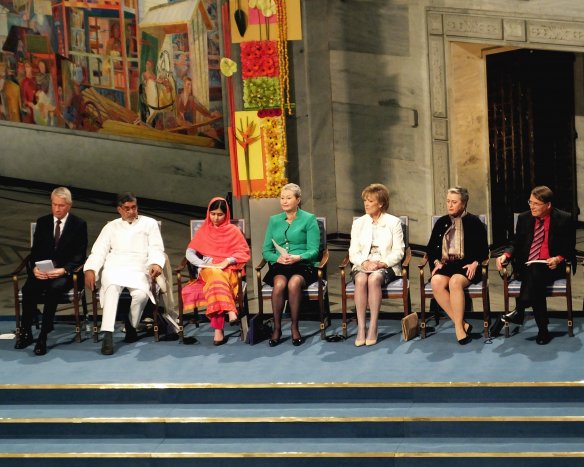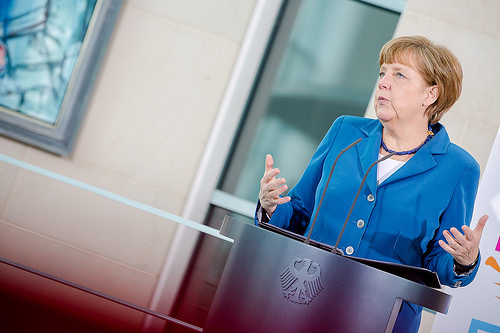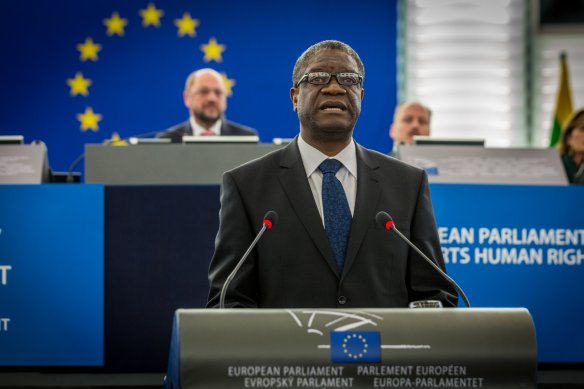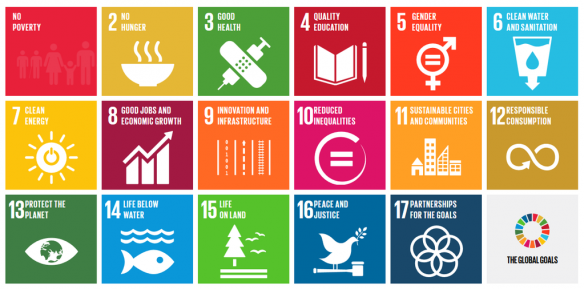It is that time of year again. No, I’m not talking about the announcement of this years’ winner of the Nobel Peace Prize, but rather the announcement of my shortlist of favorites. This is a tradition that won’t go away. I keep, as Foreign Policy put it, soldiering on, silently hoping this will be the year I get it just right.
My favourite this year, as many of you will have noticed, is German Chancellor Angela Merkel. She tops a shortlist consisting of five candidates, each of whom I consider to have a fair shot at winning this year’s prize.

Last year’s winners were Malala Yousafzai and Kaliash Satyarthi. PHOTO: Creative Commons
But why keep up with this practice, which started with my predecessor here at PRIO? Not just are the chances of actually predicting the winner very slim (there are hundreds of nominees, most of them secret), but even the announcement of personal favorites and predictions are enough to cause a stir. The committee itself has complained about the noise and ruckus which follows the predictions of self-proclaimed experts (I guess that group includes me), claiming it is a distraction from their work.
However, this activity is important. The way I see it, speculations inspire a debate on what the Nobel Peace Prize should be about. Those of us privileged with spending most of our time studying issues of peace and war have a duty to contribute to that debate. The will of Alfred Nobel, written in 1895, is both brief and succinct. The Peace Prize shall be awarded “to the person who [during the preceding year] shall have done the most or the best work for fraternity between the nations and the abolition or reduction of standing armies and the formation and spreading of peace congresses.”
Read More





![Irina Bokova, Secretary General of UNESCO. By Chatham House, London [CC BY 2.0 (http://creativecommons.org/licenses/by/2.0)], via Wikimedia Commons](http://blogs.prio.org/wp-content/uploads/2015/10/Irina_Bokova-292x277.jpg)
 On 25 September this year, a UN summit will adopt the new Sustainable Development Goals. These will replace the Millennium Development Goals dating from 2000, which expire this year.
On 25 September this year, a UN summit will adopt the new Sustainable Development Goals. These will replace the Millennium Development Goals dating from 2000, which expire this year.